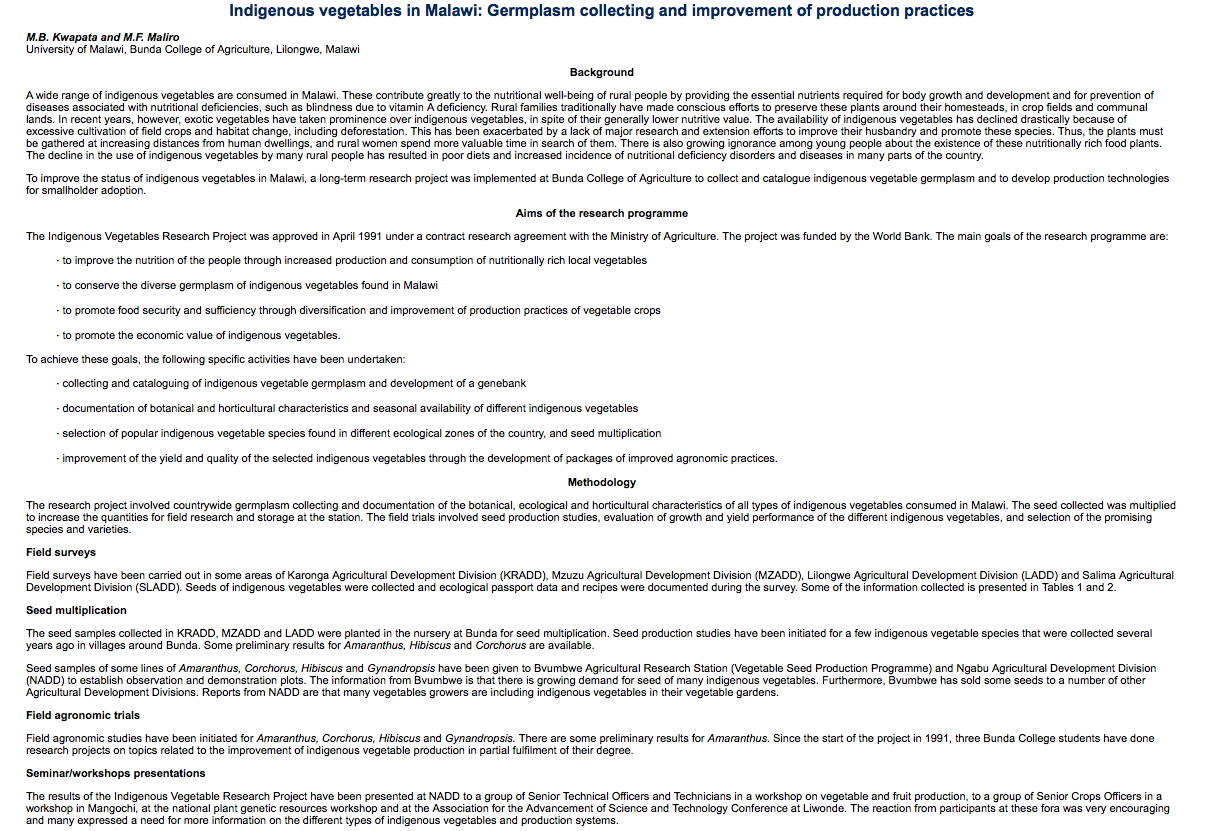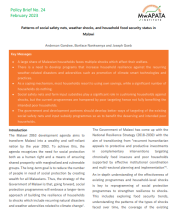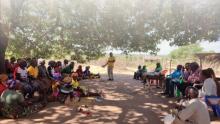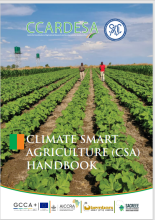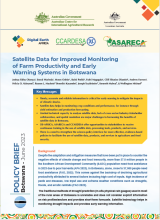A wide range of indigenous vegetables are consumed in Malawi. These contribute greatly to the nutritional well-being of rural people by providing the essential nutrients required for body growth and development and for prevention of diseases associated with nutritional deficiencies, such as blindness due to vitamin A deficiency. Rural families traditionally have made conscious efforts to preserve these plants around their homesteads, in crop fields and communal lands. In recent years, however, exotic vegetables have taken prominence over indigenous vegetables, in spite of their generally lower nutritive value. The availability of indigenous vegetables has declined drastically because of excessive cultivation of field crops and habitat change, including deforestation. This has been exacerbated by a lack of major research and extension efforts to improve their husbandry and promote these species. Thus, the plants must be gathered at increasing distances from human dwellings, and rural women spend more valuable time in search of them. There is also growing ignorance among young people about the existence of these nutritionally rich food plants. The decline in the use of indigenous vegetables by many rural people has resulted in poor diets and increased incidence of nutritional deficiency disorders and diseases in many parts of the country.
To improve the status of indigenous vegetables in Malawi, a long-term research project was implemented at Bunda College of Agriculture to collect and catalogue indigenous vegetable germplasm and to develop production technologies for smallholder adoption.

